Search
Search Results
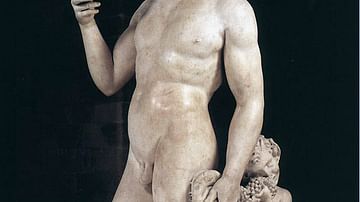
Article
Copies & Fakes in Art during the Renaissance
The Renaissance period witnessed a great renewed interest in the art of antiquity. There was an appreciation of the technical skill required to produce such objects as a Roman marble figure of Venus and an admiration for the form and beauty...
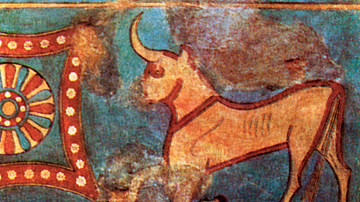
Definition
Urartu Art
The art produced by the Urartu civilization, which flourished in ancient Armenia, eastern Turkey, and northwestern Iran from the 9th to 6th century BCE, is best seen in bronze figurines of deities, bronze cauldrons with animal and goddess...
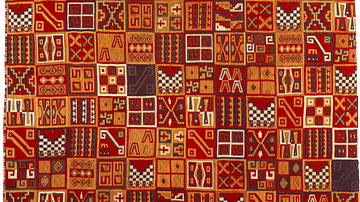
Definition
Inca Art
The art of the Inca civilization of Peru (c. 1425-1532 CE) produced some of the finest works ever crafted in the ancient Americas. Inca art is best seen in highly polished metalwork, ceramics, and, above all, textiles, which was considered...
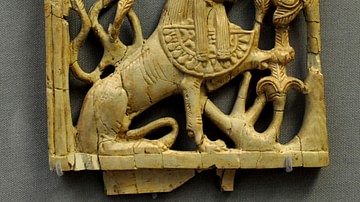
Definition
Phoenician Art
The art of the ancient Phoenicians, which flourished between the 19th and 4th centuries BCE, was exported throughout Mesopotamia and the ancient Mediterranean. Best known for their work on small decorative objects, Phoenician artists skillfully...
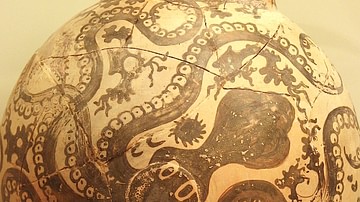
Definition
Minoan Art
The art of the Minoan civilization of Bronze Age Crete (2000-1500 BCE) displays a love of animal, sea, and plant life, which was used to decorate frescoes and pottery and also inspired forms in jewellery, stone vessels, and sculpture. Minoan...
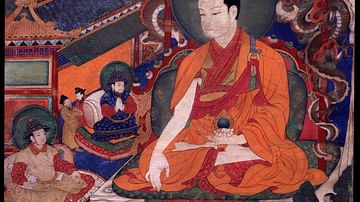
Interview
Rubin Museum's Faith and Empire: Tibetan Buddhist Art
Faith and Empire: Art and Politics in Tibetan Buddhism, a new exhibition at the Rubin Museum of Art in New York, explores the dynamic historical intersection of politics, religion, and art as reflected through Tibetan Buddhism. The exhibition...
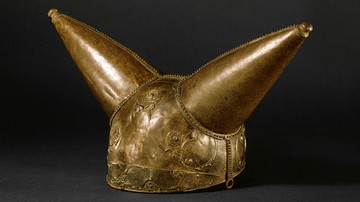
Collection
The Celts of Ancient Europe
In this collection, we examine in detail the Celtic peoples of ancient Europe. We look at their origins in central Europe with the Hallstatt and La Tène cultures, the warfare and migration of the Celts, their society, art, religious beliefs...
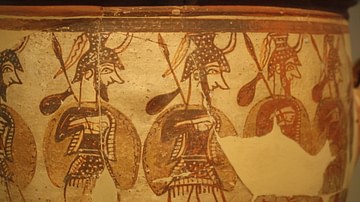
Definition
Mycenaean Art
The Mycenaean civilization flourished in the late Bronze Age from the 15th to the 13th century BCE, and their artists would continue the traditions passed on to them from Minoan Crete. Pottery, frescoes, and goldwork skillfully depicted scenes...

Definition
Mesopotamian Art and Architecture
Ancient Mesopotamian art and architectural works are among the oldest in the world, dating back over 7,000 years. The works first appear in northern Mesopotamia prior to the Ubaid Period (c. 5000-4100 BCE) and then developed in the south...
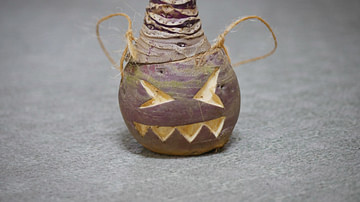
Definition
Samhain
Samhain (pronounced “SOW-in” or “SAH-win”), was a festival celebrated by the ancient Celts halfway between the autumn equinox and the winter solstice. It began at dusk around October 31st and likely lasted three days. Samhain marked the transition...